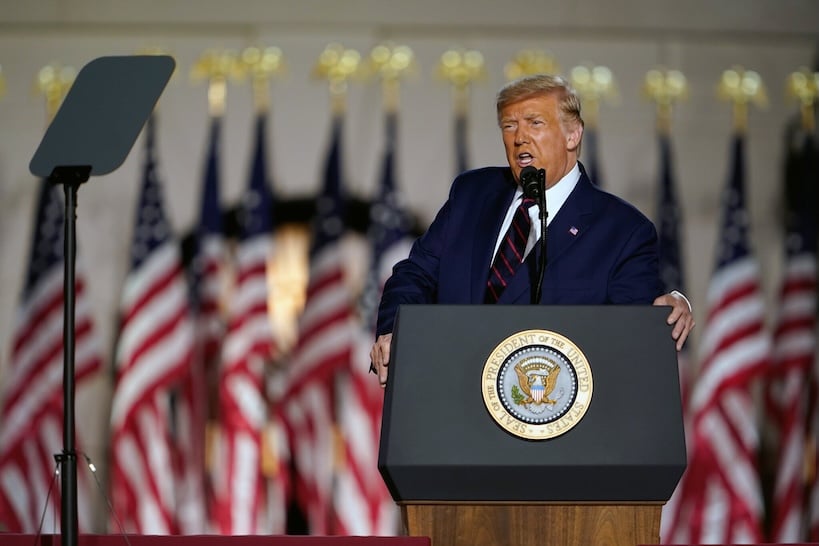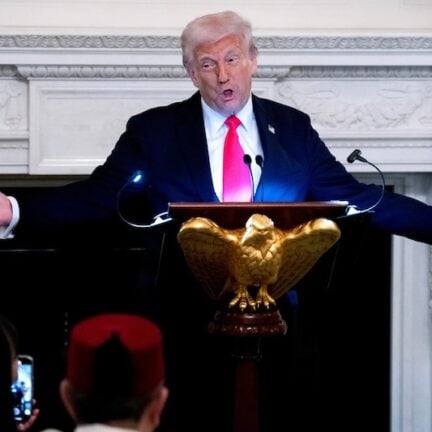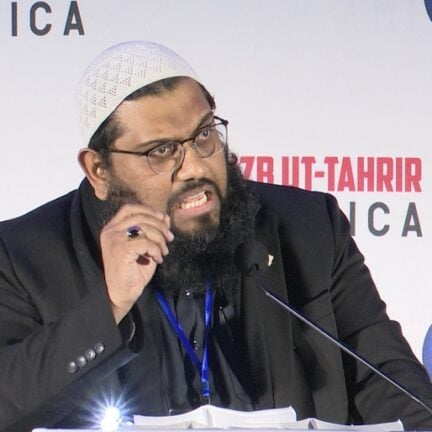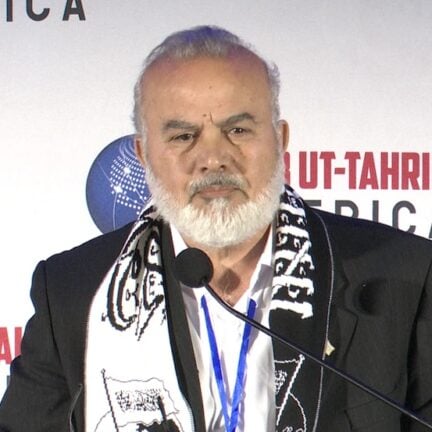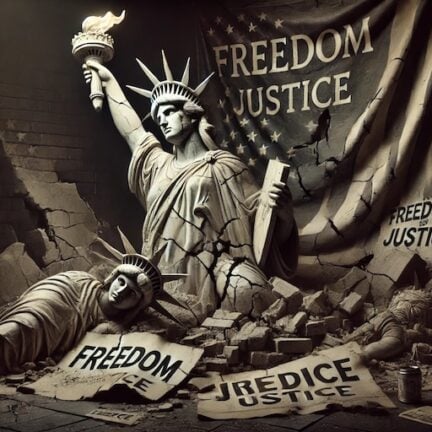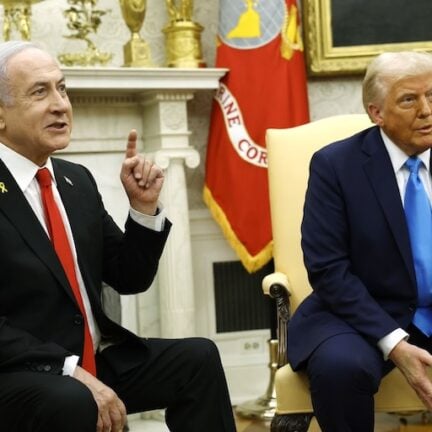Trump’s second term in office could be even more chaotic and destructive than his first. His recent statements about renaming the Gulf of Mexico, annexing Canada, seizing the Panama Canal, and purchasing Greenland under the guise of national security signal a dramatic shift in U.S. foreign policy. Following Biden’s administration — which supported authoritarian regimes worldwide, including the Zionist entity which continues to date a military aggression and ethnic cleansing in Palestine —The days of liberal values seem to be over, replaced by an agenda that echoes military colonial ambitions.
Instead of denouncing Trump’s incendiary remarks, Republicans have enthusiastically endorsed his bold foreign policy moves. Many within the GOP have hailed his proposals as a testament to American exceptionalism and strategic vision. However, the suggestion of annexing Canada or seizing Greenland by force—both actions that could provoke a NATO response under Article V, which treats an attack on one member as an attack on all—underscores the risks of such an approach. Similarly, Republicans have championed the idea of renaming the Gulf of Mexico as a symbolic assertion of American dominance in the Western Hemisphere.
Across the Atlantic, European leaders have rejected Trump’s proposals to buy Greenland and annex Canada. French Foreign Minister Jean-Noël Barrot stated on French radio, “There is absolutely no scenario where the European Union would allow other nations to attack its sovereign borders, no matter who they are.” German Chancellor Olaf Scholz emphasized, “The principle of the inviolability of borders applies to all nations, whether they are small states or large, powerful ones.”
However, Denmark’s response was more conciliatory, reflecting the European Union’s broader inability to stand up to the United States. Copenhagen appeared willing to accommodate Trump’s security concerns, signaling weakness. While these reactions highlight an increasing transatlantic divide—with Europe growing more cautious of America’s unpredictability under Trump—they fail to address a more fundamental issue.
“Israel’s” actions in Gaza, including its genocide and the annexation of territories in Palestine, South Lebanon, and Syria, have exposed the brutality of settler colonialism to the world. These actions represent a blatant disregard for the sanctity of national borders and occupied territories as outlined in international law. Even more troubling is the fragmented global response. The Global South, including many Islamic nations, has largely remained silent, while Western powers actively support the Jewish entity’s actions through arms sales and vocal defense of its crimes in international forums. Recently, the United States passed legislation to sanction the International Criminal Court after it issued arrest warrants for Netanyahu and Gallant. This position not only undermines international justice but also legitimizes settler colonialism and reflects a return to colonial-era practices.
From this perspective, it appears that America is not only looking to revive the Monroe Doctrine but, under Trump, is working to transform Pax Americana into a version of an old European empire—one that seeks to colonize other nations for valuable resources or strategic concerns tied to national security, such as fears of competition from a rising Islamic civilization. The return of the “might makes right” mentality pushes the international system back to its pre-1945 state and risks igniting unchecked annexations of weaker nations by major powers.
In this context, the stage appears increasingly set for the Caliphate (Khilafah) to emerge. The erosion of international law and the declining legitimacy of Western powers create an opening for the Caliphate to pursue a policy of unifying its nations. It also presents an opportunity for an Islamic state to offer protection to weaker nations against colonial powers in exchange for implementing the justice of Islam. This raises the question: is there anyone within the armies of the Muslim world prepared to seize the current global circumstances, establish the Caliphate, and restore peace and justice to the world?
Media Office of Hizb ut Tahrir in America
Rajab 11, 1446 AH
January 11, 2025, CE

